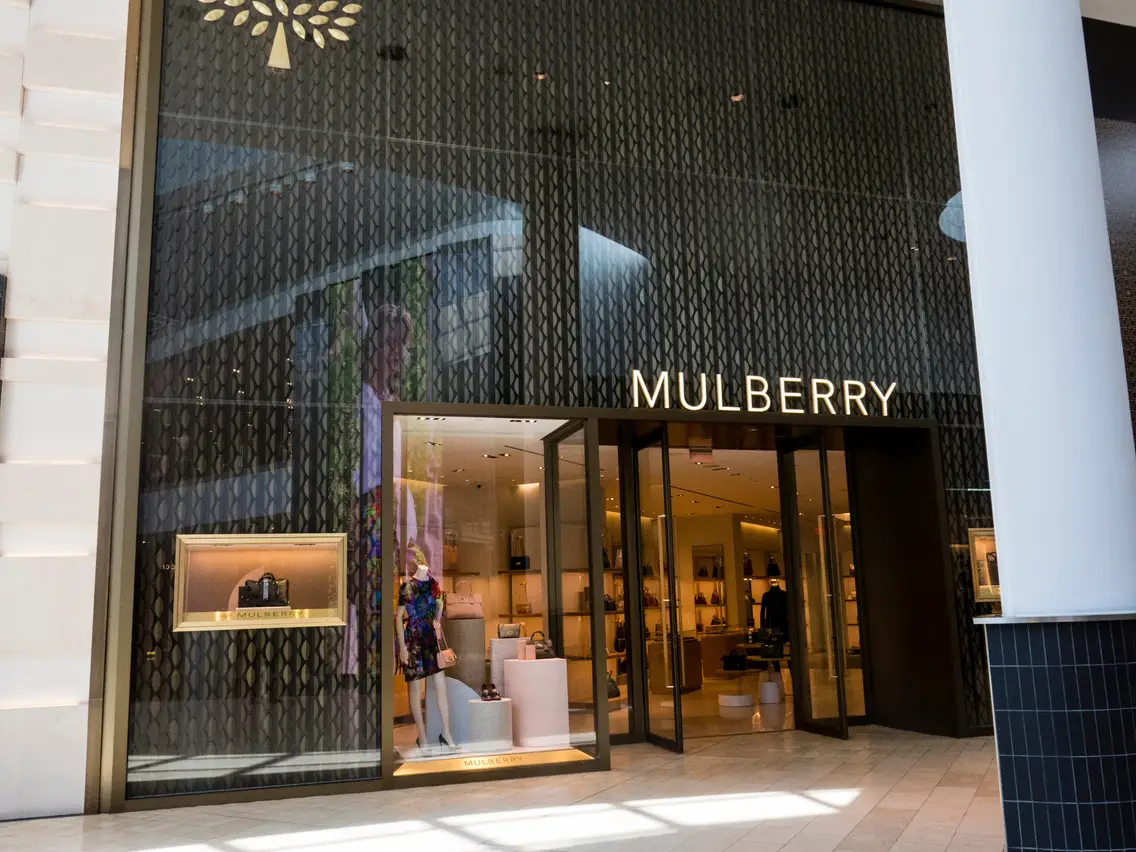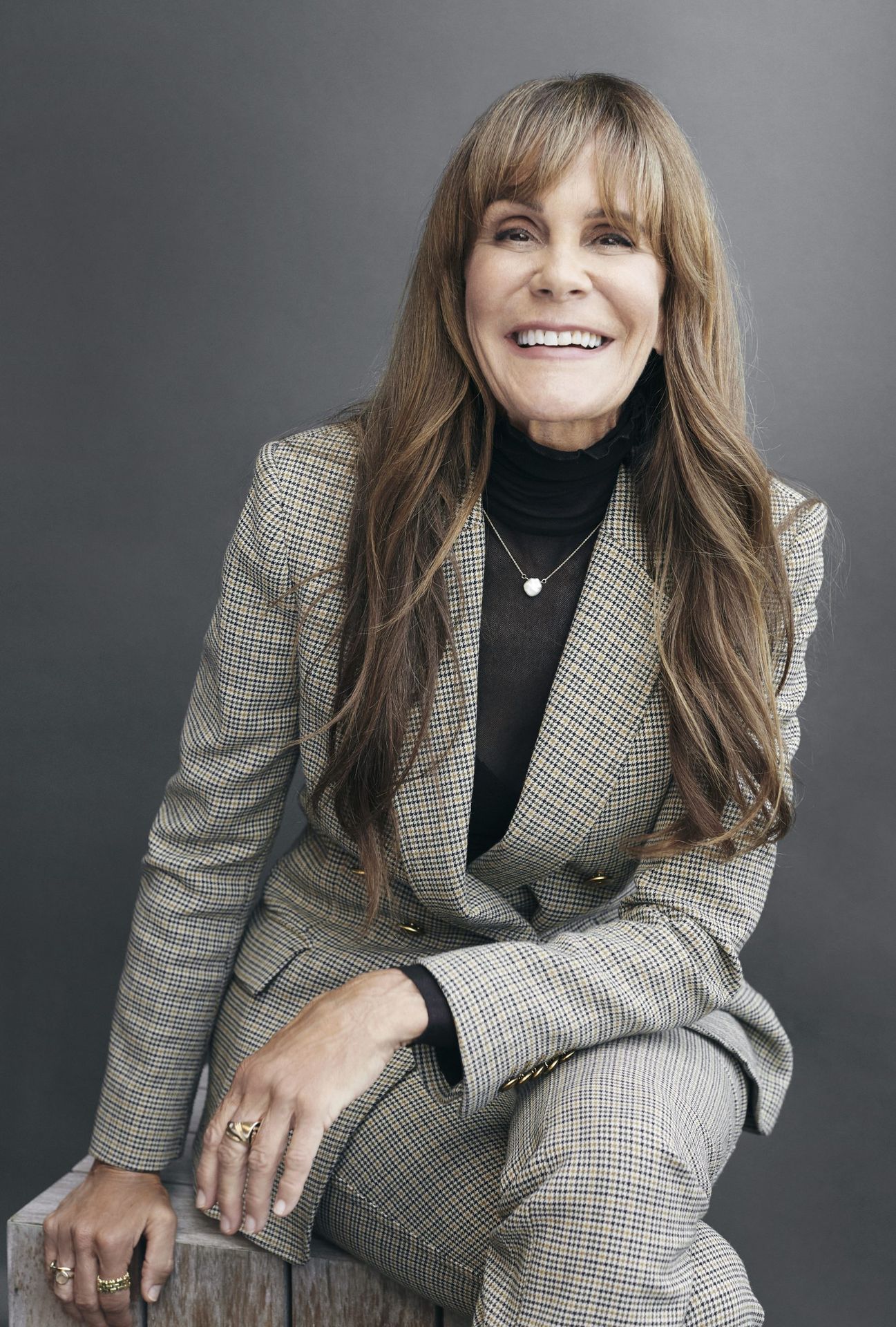Mulberry, the iconic British luxury brand renowned for its leather goods and craftsmanship, has been a staple in the fashion industry for decades. Known for its timeless designs and commitment to quality, Mulberry has built a loyal customer base across the globe. However, like many brands in the evolving luxury landscape, Mulberry has had to navigate a rapidly changing market, and with this comes inevitable shifts within its leadership. Recently, the company announced that one of its key non-executive directors, Julie Gilhart, would be stepping down. This decision marks the end of an important chapter for Mulberry’s leadership team, signaling both a reflection on the company’s current position and a glimpse into its future direction. Gilhart's departure comes ahead of Mulberry's next annual meeting, making this a significant moment for the company’s governance and its approach moving forward. Follow us here at Unilever sells Russian business.
Mulberry
Founded in 1971 in Somerset, England, Mulberry quickly became synonymous with quintessential British luxury. The brand is most famously known for its beautifully crafted leather handbags, such as the Bayswater and Alexa, which have become cult favorites over the years. Through its commitment to traditional craftsmanship and contemporary design, Mulberry has maintained a reputation as one of Britain’s leading luxury labels. The brand's heritage, coupled with its ability to innovate, has allowed it to stay relevant amidst the evolving tastes of global fashion consumers.

In recent years, Mulberry has faced several challenges, from the impacts of the COVID-19 pandemic on retail to shifting consumer behavior toward sustainability and ethical production. Despite these challenges, the brand has continued to emphasize its commitment to craftsmanship, launching initiatives like "Made to Last," which focuses on sustainable practices and supporting British manufacturing. With this focus on sustainability, Mulberry has remained a key player in the luxury space, even as it contends with market disruptions and heightened competition from global luxury giants.
Related: Is Dior Eyeing Jonathan Anderson for a Creative Takeover?
Related: Stefano Cantino Takes the Helm as CEO of Gucci
Julie Gilhart
Julie Gilhart, an influential figure in the fashion industry, has served as a non-executive director at Mulberry, contributing her extensive experience and insights to the company’s board. Gilhart is well-known for her forward-thinking approach to fashion and sustainability, making her a valuable asset to Mulberry’s leadership. Throughout her tenure, she has been instrumental in helping guide Mulberry through an era of significant transformation in the fashion world, offering her expertise on issues ranging from sustainability initiatives to consumer trends and brand strategy.

Gilhart’s departure from Mulberry signals a key shift for the company’s leadership. Having brought a wealth of knowledge from her previous roles, including her time as fashion director at Barneys New York, her exit comes as Mulberry continues to focus on expanding its sustainability initiatives and modernizing its global brand presence. While her departure may be seen as a loss, it also opens the door for new perspectives and leadership that can help drive Mulberry's vision in this increasingly competitive market.
Her departure is slated to take place just before the company’s next annual meeting, leaving a gap in leadership that will need to be addressed shortly. Gilhart’s contributions, particularly in terms of sustainability and ethical business practices, have left a lasting impact on the brand, and her legacy will undoubtedly influence the decisions that follow.
Chairman of Mulberry
Mulberry’s chairman, whose leadership continues to steer the company through its most transformative periods, will play a critical role in shaping the post-Gilhart era. The chairman has overseen the brand’s navigation of both the global luxury market and its internal shifts, all while ensuring Mulberry remains true to its heritage of British craftsmanship and innovation. Under the chairman's guidance, the company has embraced new strategies that reflect the values of today’s consumers, especially those relating to sustainability and environmental responsibility.
As Mulberry prepares for its next phase, the chairman’s focus will likely be on finding a successor who can carry forward the important work started by Gilhart, particularly concerning sustainability and brand strategy. Mulberry’s leadership has consistently prioritized aligning with the expectations of modern consumers, many of whom are now more focused on the ethical credentials of the brands they support. The chairman’s role in maintaining this balance between tradition and innovation will be pivotal as Mulberry continues to evolve in the coming years.
Next Annual Meeting
With Julie Gilhart’s departure, Mulberry’s next annual meeting will be closely watched by stakeholders and industry observers alike. The meeting will serve as an important platform for the company to address not only leadership changes but also its broader strategic direction. In light of current trends in the fashion industry, particularly the growing emphasis on sustainability, diversity, and digital innovation, Mulberry’s ability to adapt will be critical to its continued success.
At the meeting, Mulberry is expected to discuss its ongoing sustainability efforts, recent business performance, and plans, particularly in the face of growing global competition in the luxury sector. Investors and consumers alike will be eager to hear how Mulberry plans to build on the foundation laid by Gilhart and other members of its leadership team. This meeting will also offer a glimpse into the brand’s long-term vision as it adapts to new challenges and opportunities in the luxury market.
Current Trends
The luxury fashion landscape has been rapidly evolving in recent years, with sustainability, digital transformation, and shifting consumer behaviors at the forefront of industry trends. For brands like Mulberry, which have a strong heritage but must also stay relevant to modern consumers, navigating these changes is essential. The rise of conscious consumerism, where buyers are increasingly concerned about the environmental and ethical impact of their purchases, has forced luxury brands to rethink their production methods and supply chains.
Mulberry has already made significant strides in this area with its "Made to Last" initiative, which focuses on sustainability and ethical practices. However, the challenge now lies in continuing to innovate while remaining true to the brand’s core values of craftsmanship and quality. As Julie Gilhart exits, Mulberry’s commitment to these values will need to be reinforced through strategic leadership and brand positioning.
Future Outlook
Looking ahead, Mulberry is likely to continue focusing on expanding its sustainability efforts and enhancing its global presence, particularly through digital channels. The luxury market is becoming increasingly competitive, with consumers demanding more from the brands they support. This shift is creating new opportunities for companies like Mulberry to differentiate themselves by emphasizing their commitment to ethical practices, craftsmanship, and long-lasting quality.
Under the leadership of its chairman, and with the groundwork laid by Julie Gilhart, Mulberry’s future outlook appears promising. The company has already shown resilience in the face of challenges, and its ability to adapt to industry trends will be key to maintaining its position as a leader in British luxury. As the brand moves into its next chapter, finding the right balance between innovation and tradition will be critical to ensuring continued growth and relevance in the global luxury market.